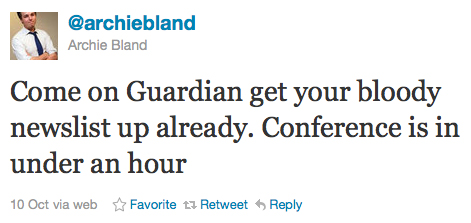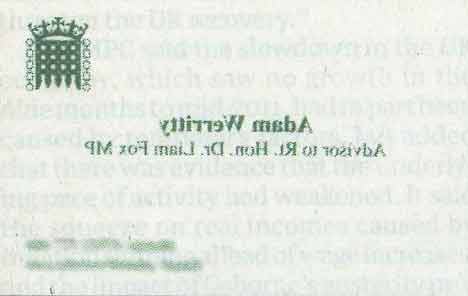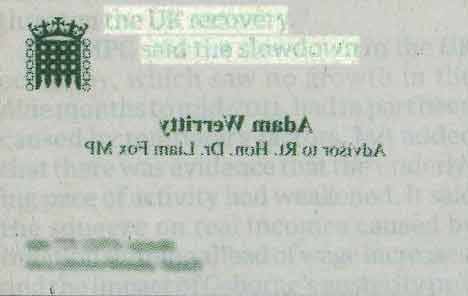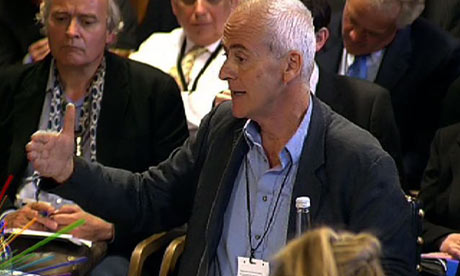If you like the sound of Facebook’s new Open Graph news sharing concept, which allows readers to tell their friends what they are reading, but want to share away from the social network, meet Hearsay, which has today (September 29) launched in public beta.
You can sign up by connecting with Facebook, Twitter or by registering and then start to follow people and news sources, such as the Guardian, Mail Online and Telegraph. Once you click-through to a news item from Hearsay others will learn that you have read that article. You also have the option of sharing news on Twitter and Facebook (though bear in mind the tweet will just be the URL of the article with a “via @HearsayNews” message).
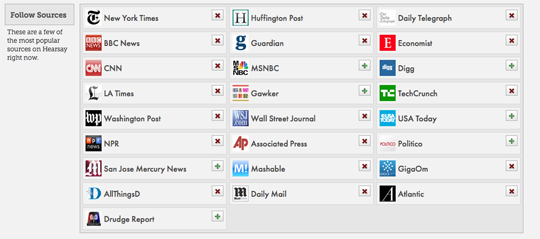
John Duncan, Hearsay’s co-founder and CEO who is a former managing editor and general manager of the Observer, describes the social news reader concept as providing others with a more accurate description of your news reading habits than provided by a Twitter stream, for example.
On Twitter and Facebook you tend to share what you think other people will be interested in. On Hearsay you share what you are interested in, what you were interested enough to actually read.
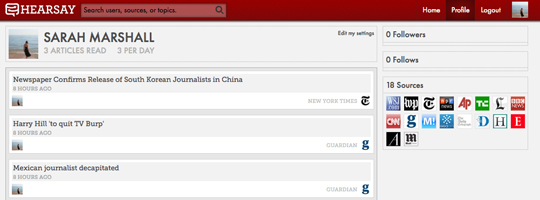
Duncan, who last year was a Knight Fellow at Stanford in the US, met a group of post-grads and together they formed the San Fransisco-based start-up, first working on the concept of social news game which then developed into a social news reader.
So how did they react to last week’s news from Facebook’s #f8 conference that the social media giant was launching its Open Graph single opt-in news reader?
Co-founder and CTO Kevin Montag said they see it as a “flattering endorsement of our vision of the future of social news”.
The more people get used to it on Facebook, the better. Facebook’s problem is that people’s news graph is not the same as their social graph. Can I really rebuild my news graph on Facebook? Do I even want to? We think there’s plenty of room for us to build something that’s huge and news specific.
Duncan put it another way.
We think that Facebook is a bad place for [social news sharing]. Why do I care what my Aunt Mabel read on Yahoo News? But we think that it helps us get across the idea that passively sharing everything you read isn’t so scary – when you know you’re doing it.
The former journalist told Journalism.co.uk that Hearsay last week held talks with the Guardian, one of two UK news sites to launch a new-style Facebook Open Graph app last week.
And as with the Guardian and the Independent Facebook apps, Hearsay users can opt-out of sharing any article.
If Hearsay is successful in attracting enough users then as with the Facebook apps this news reader could be an important social traffic driver and other news sites will no doubt be keen to sign up as recognised sources.
